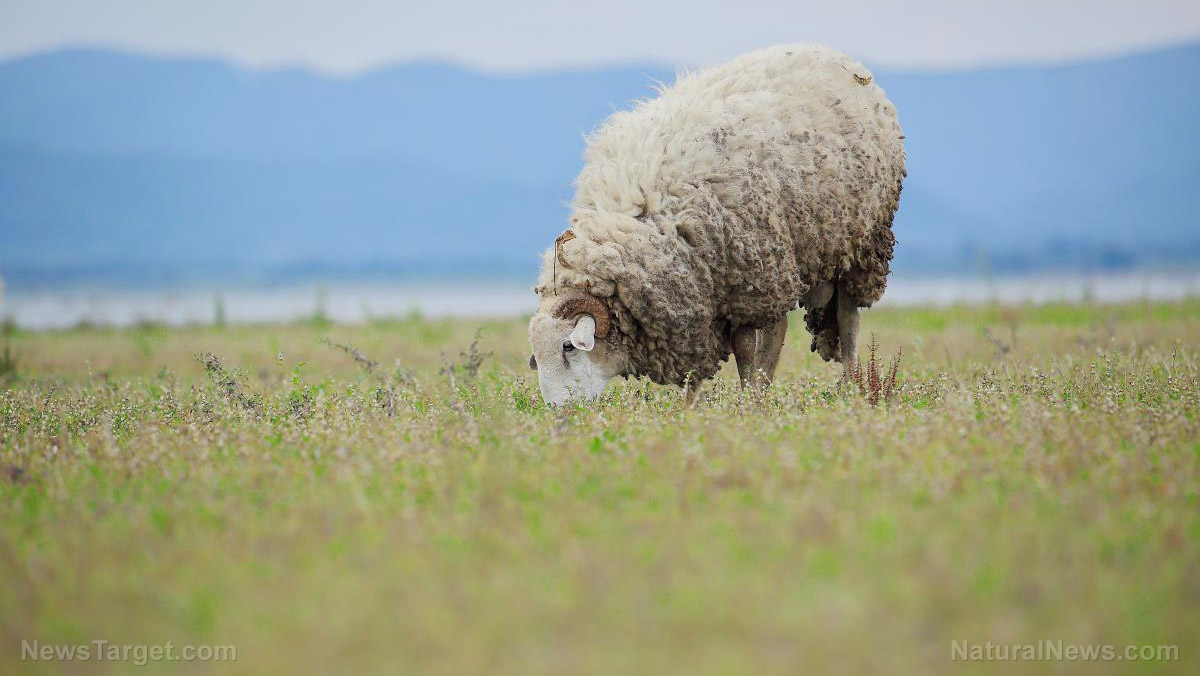Evaluation of the economic impact and productivity performance of sheep grazing weeds in coffee plantations compared to pastures
03/15/2018 / By Frances Bloomfield

A 2017 study published in Agroforestry Systems found that sheep could be utilized as a practical and beneficial method of controlling weeds at coffee plantations.
- Testing was conducted 40 days before coffee was harvested from a plantation in the municipality of Comapa in Veracruz, Mexico.
- The researchers used 32 male Pelibuey lambs that they divided into two groups: the first group was given 70 g supplements, the other was given none.
- The lambs were allowed to graze in areas of the coffee plantation that either had established grasses or weeds such as kikuyu grass (Pennisetum clandestinum) and giant star grass (Cynodon plectoslachyus).
- Lambs that had been given supplements and were fed weeds gained about 112.75 g a day, making them the lambs with the greatest daily weight gain thanks to the combination of weeds and supplements.
- Even though the grass-grazing lambs were given the same amount of supplements, the supplement-and-weeds lambs had consumed more vegetation by the end of the 40 days.
- The researchers deemed the supplemented lambs to be the best group in regards to their environmental, agricultural, and economic benefits, regardless of their low return rates.
Based on their findings, the researchers came to the conclusion that allowing sheep herds to graze on coffee plantation weeds was an economically rewarding, environmentally friendly, and agronomically sound option.
Journal reference:
Dávila-Solarte P, Sanginés-García L. Amezuca T, Solano L. PRODUCTIVE PERFORMANCE AND ECONOMIC EVALUATION OF SHEEP GRAZING ON WEEDS IN COFFEE PLANTATIONS COMPARED TO PASTURES WITH OR WITHOUT SUPPLEMENTATION. Agroforestry Systems. 2017. DOI: 10.1007/s10457-017-0165-7
Tagged Under: agriculture, coffee plantations, farming, food science, sheep, sheep grazing, weed control, weeds




















